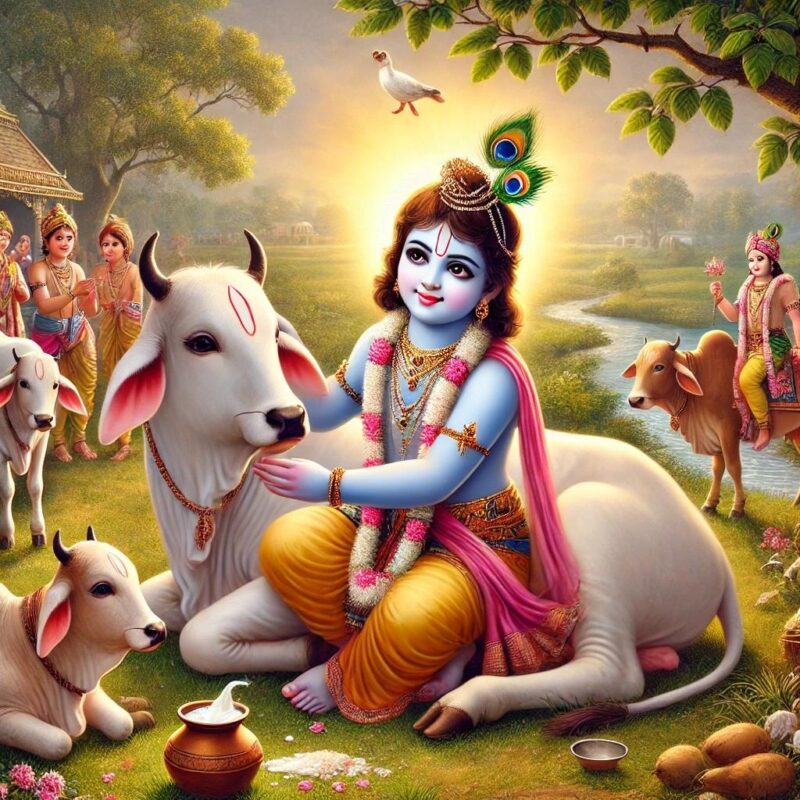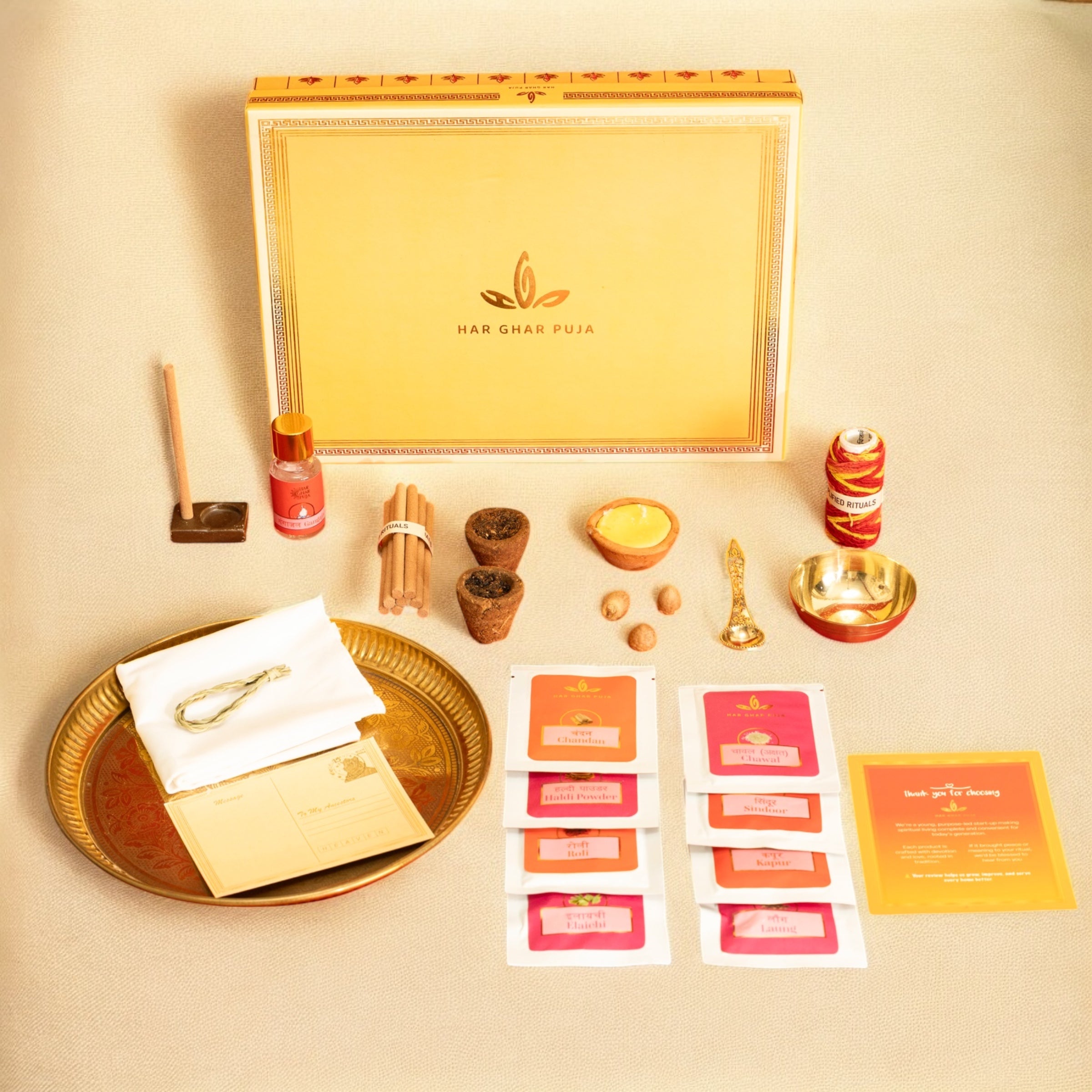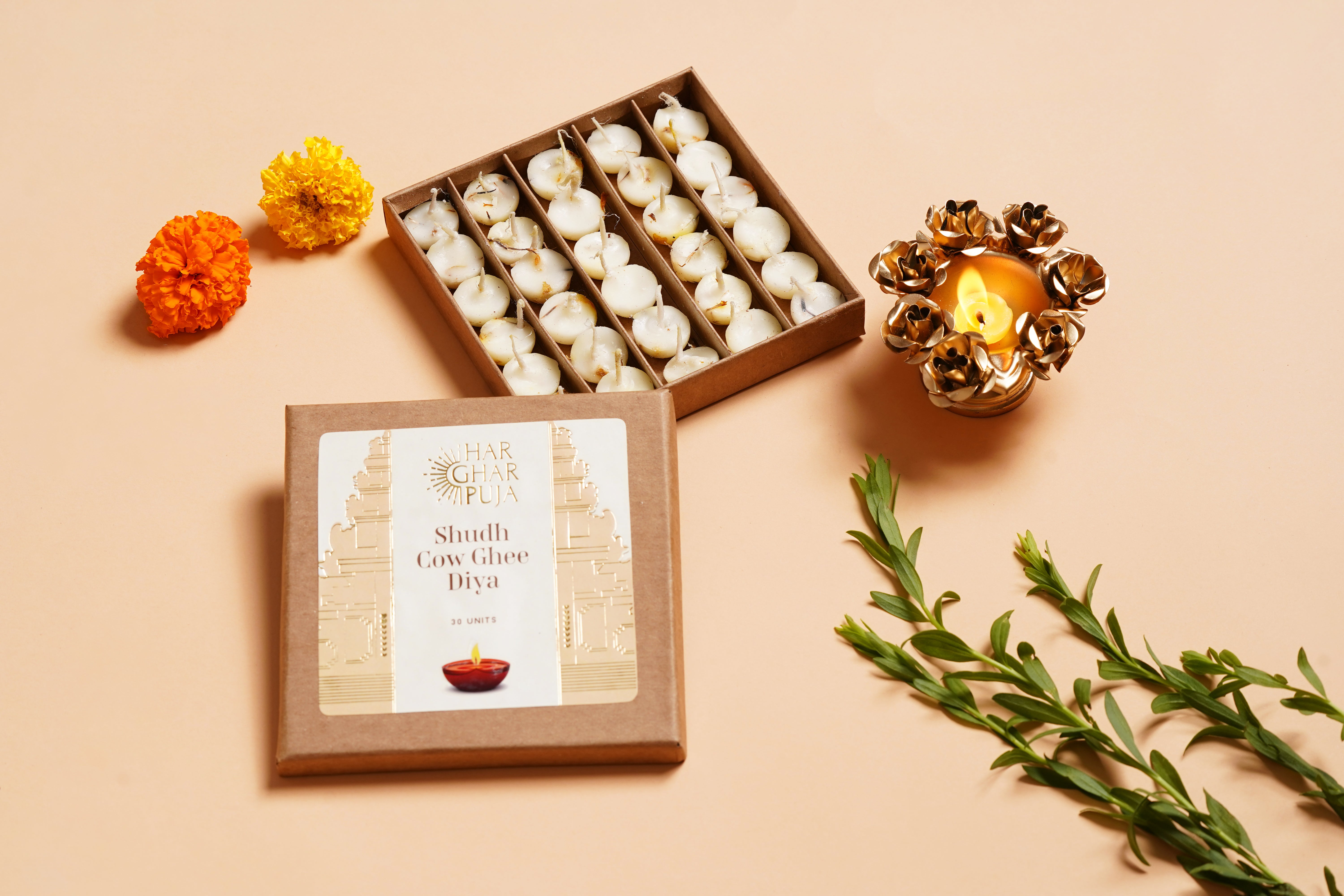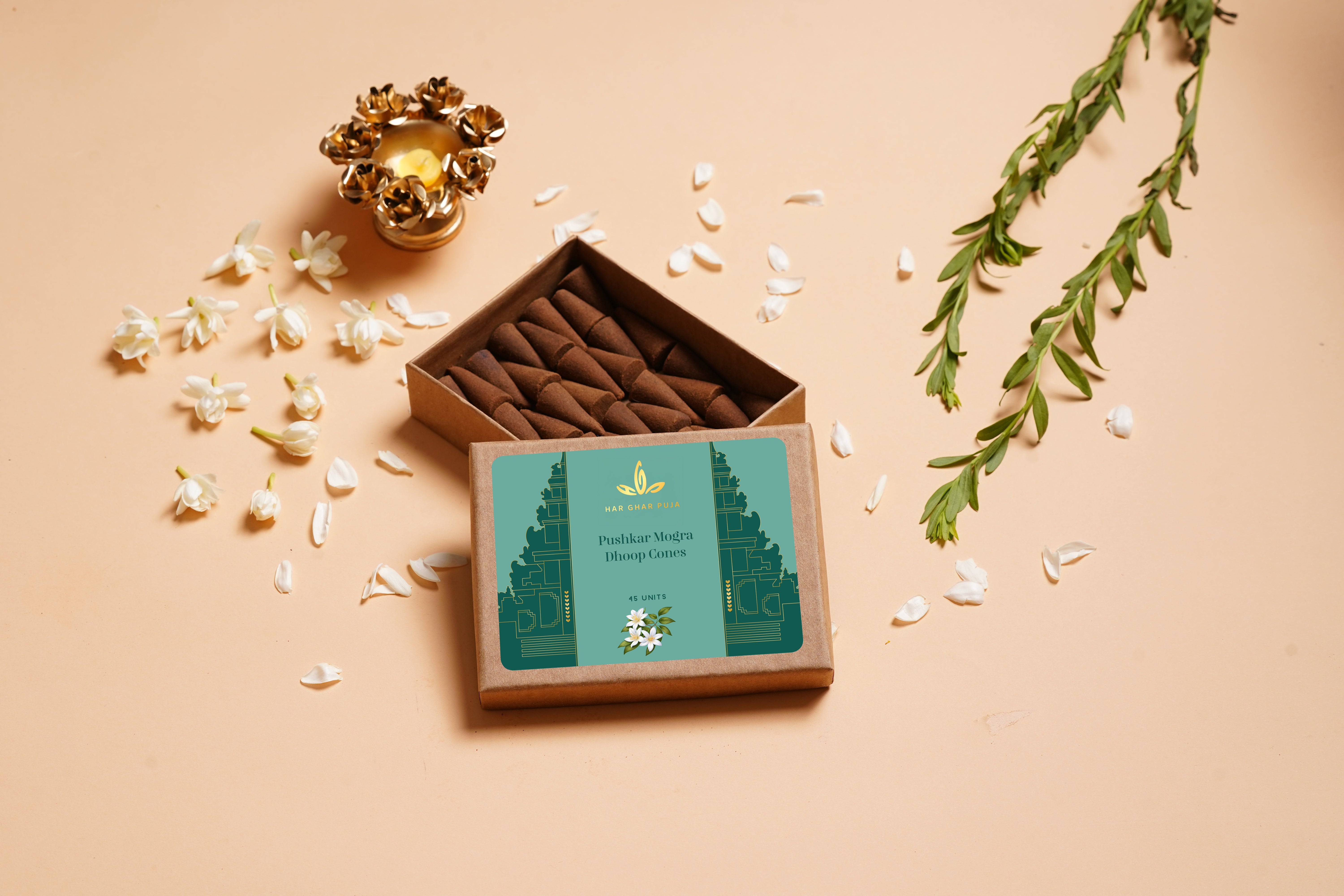Gopashtami Puja: In Hinduism, Gopashtami is considered an auspicious festival. On this day, both Lord Krishna and the sacred cow, Gau Mata, are worshiped. This festival is primarily celebrated with great devotion in Mathura, Vrindavan, and across the entire Braj region. According to the Hindu calendar, Gopashtami falls every year on the eighth day (Ashtami) of the bright fortnight of Kartik month. It is believed that observing a strict fast on this day brings prosperity and happiness in life. This year, Gopashtami is being celebrated on Thursday, October 30 2025.
Why Worship the Cow on Gopashtami?
In Hindu culture, the cow holds immense significance. Revered as “Gau Mata,” or Mother Cow, she is accorded the status of a mother. Just as a mother desires to bring joy and prosperity to her children, Gau Mata is believed to hold a special place in her heart for those who serve her and fulfills their wishes. According to Hindu belief, those who serve cows on Gopashtami are blessed with a life free of hardship. Mythological texts also describe how Lord Krishna, in his childhood, served and cared for cows.
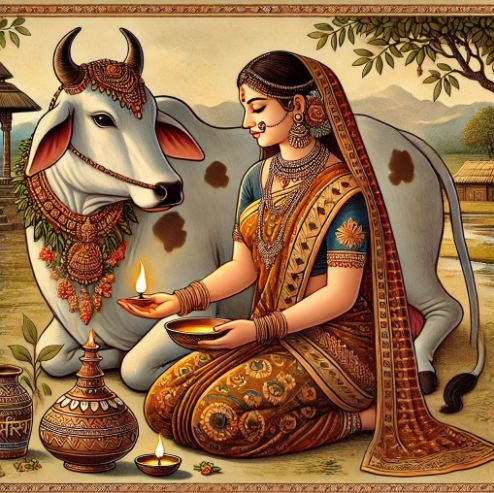
Religious Significance of the Gopashtami Festival
In Hindu and Sanatan Dharma, Gopashtami holds unique religious importance. This day is celebrated with great devotion and dedication in Gokul, Mathura, Vrindavan, Braj, Puri, and Dwarka. Devotees worship Lord Krishna, considered the eighth incarnation of Lord Vishnu, with deep reverence. It is believed that worshiping Lord Vishnu and Krishna on this day brings peace, prosperity, and happiness in life. On this occasion, people adorn cows and calves with colorful clothes and bells and tend to them lovingly.
Gopashtami Puja Method
On this day, devotees wake up before sunrise, bathe, and dress the cows and their calves. The cows and calves are then decorated, with anklets and jewelry placed on them, bells tied around their necks, and colorful scarves draped over their horns. After preparing Gau Mata, devotees touch her feet, circumambulate her, and take her out to graze. Offering gifts to cowherds on this day is considered very auspicious, and in many places, new clothes are given to the cowherds, and they are blessed with tilak. In the evening, when the cows return home, they are worshiped and fed. On this day, Gau Mata is given special green fodder, peas, and jaggery. Many people also worship Lord Krishna, sing devotional songs, and offer prayers. Those who do not have a cow at home can visit a cowshed (Gaushala) to worship Gau Mata, feed her, and make donations.
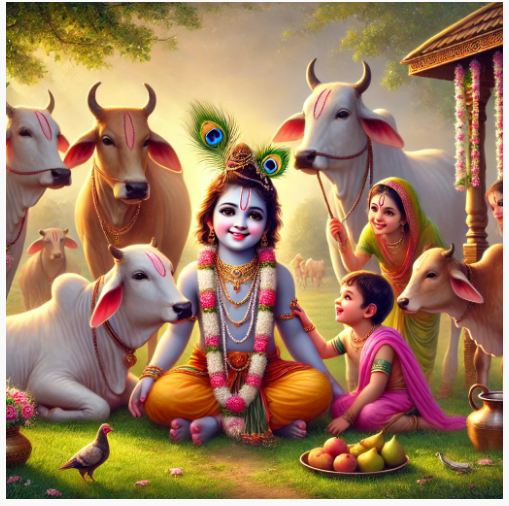
Things to Avoid on Gopashtami
Devotees should wake up early and avoid tamasic (harmful or impure) food and drinks on Gopashtami. Do not disrespect cows or calves; instead, worship them, apply tilak, and feed them green fodder. Worship Lord Krishna as well. Offer jaggery, fruits, green fodder, and peas to cows on this day. Engage in acts of charity and avoid arguments. Seek blessings from Gau Mata and Lord Krishna on this auspicious day.

